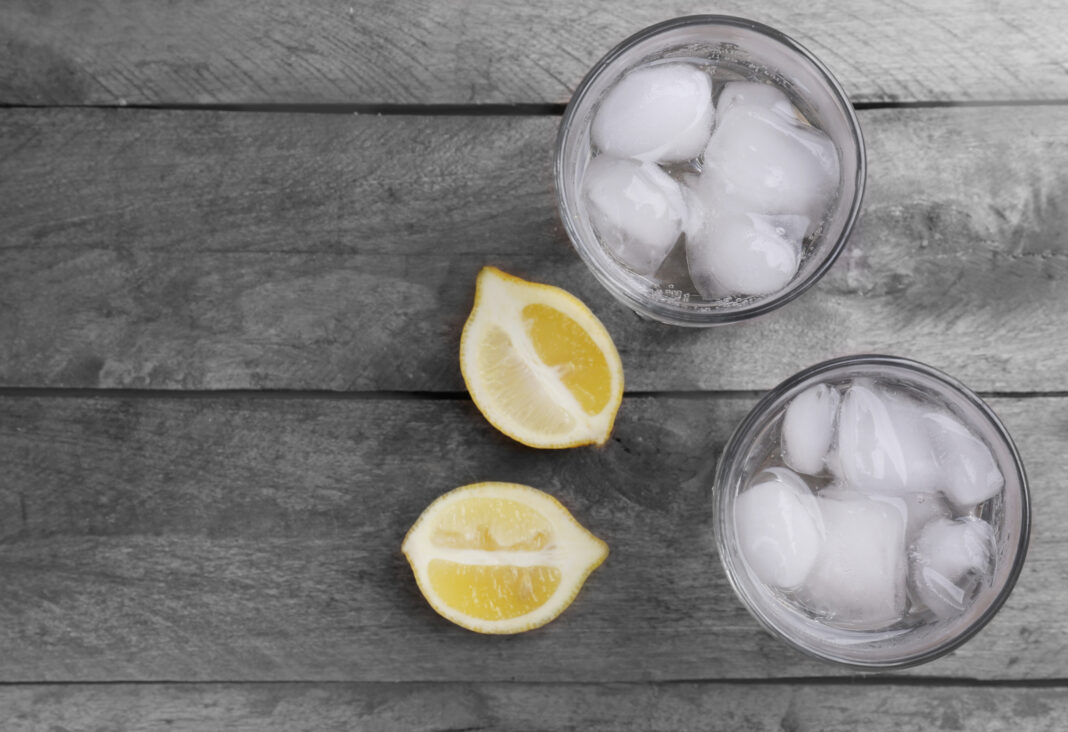“Good evening and welcome folks, I will be your waiter tonight,” I say to my guests as I pass out menus. “Can I get everyone started with some water?”
“Sure, I’m fine with regular ice water,” says the first patron to speak up. “Water is fine for me, too, but can I please have no ice?” another guest asks. “I’d actually like a hot water with lemon,” another guest chimes in. “And I’d like sparkling water,” requests the final person at the table.
It seems that personal preferences for drinking water are just as strong as they are for the type of liquor, cocktails or wine that people like, or how one’s steak is cooked. Which begs the question: From a health perspective, which is best? Is one type or temperature of water better or worse than the others?
There is evidence that different temperatures can confer both health benefits and drawbacks. Especially during exercise, scientific evidence suggests that cool water may be best. A 2013 study published in the International Journal of Clinical and Experimental Medicine found that 16 degree Celsius water led to less sweating and higher water consumption in the exercising and dehydrated subjects, leading the authors to conclude that this temperature was best at mitigating dehydration.
While drinking ice water may help with weight loss, because the body uses energy (in the form of calories) to heat this water up to the homeostatic 98.6° F, the effect is quite small. Estimates state that the body will burn about eight more calories heating up a glass of ice water relative to a glass of room-temperature water. Multiplied over, say eight-10 glasses a day, this adds up to about 70 calories a day, or the equivalent of one egg.
Eastern medicine has long advised against cold water, as it may actually have adverse effects on wellness. Although common in America, ice water isn’t consumed nearly as much in other parts of the world. Both Ayurvedic and Traditional Chinese Medicine practitioners recommend drinking warm to hot water on a regular basis. This is based on the belief that warm water helps with digestion, and improves blood flow and circulation, whereas cold water constricts the muscles and blood vessels in and around the stomach, leading to sluggish digestion and other potential health problems. Cold water may also solidify fats in the stomach, further impeding proper digestion.
Beyond the temperature of water, another bubbling trend right now is sparkling water; industry data shows a major increase in U.S. consumption over the past decade. According to statista.com, a leading provider of consumer and market data, U.S. sparkling water sales were more than $3 billion in 2015, and are projected to double to more than $6 billion by 2021. This has been spurred largely by Americans’ desire for the pop of a carbonated beverage without the added sugar and calories in soda.
If sparkling water is replacing a sugar-added beverage like soda in the diet, that’s like hitting the equivalent of a health home run right off the bat. Beyond that, sparkling water may provide multiple health benefits. A randomized double-blind 2002 study in the European Journal of Gastroenterology & Hepatology found that carbonated water was more likely to ease both constipation and indigestion than tap water. In another study published in 2004 in the Journal of Nutrition that focused on postmenopausal women, drinking sodium-rich carbonated mineral water led to lower levels of total cholesterol and bad (LDL) cholesterol, higher levels of good (HDL) cholesterol and lower levels of fasting blood sugar.
But the jury is still out on whether carbonated water increases or decreases feelings of satiety (fullness). The above-mentioned 2002 study found that carbonated water increased appetite, and other research suggests that carbonated water may raise levels of the appetite-stimulating hormone ghrelin. On the contrary, a 2012 study published in the Journal of Nutritional Science and Vitaminology found that carbonated water increased feelings of satiety in subjects.
Perhaps more research is needed to truly determine an answer to the seemingly simple question: Which type and temperature of drinking water is healthiest for our systems?
.Health & Wellness: Water Temp
The science behind iced, room temperature, hot and sparkling water











